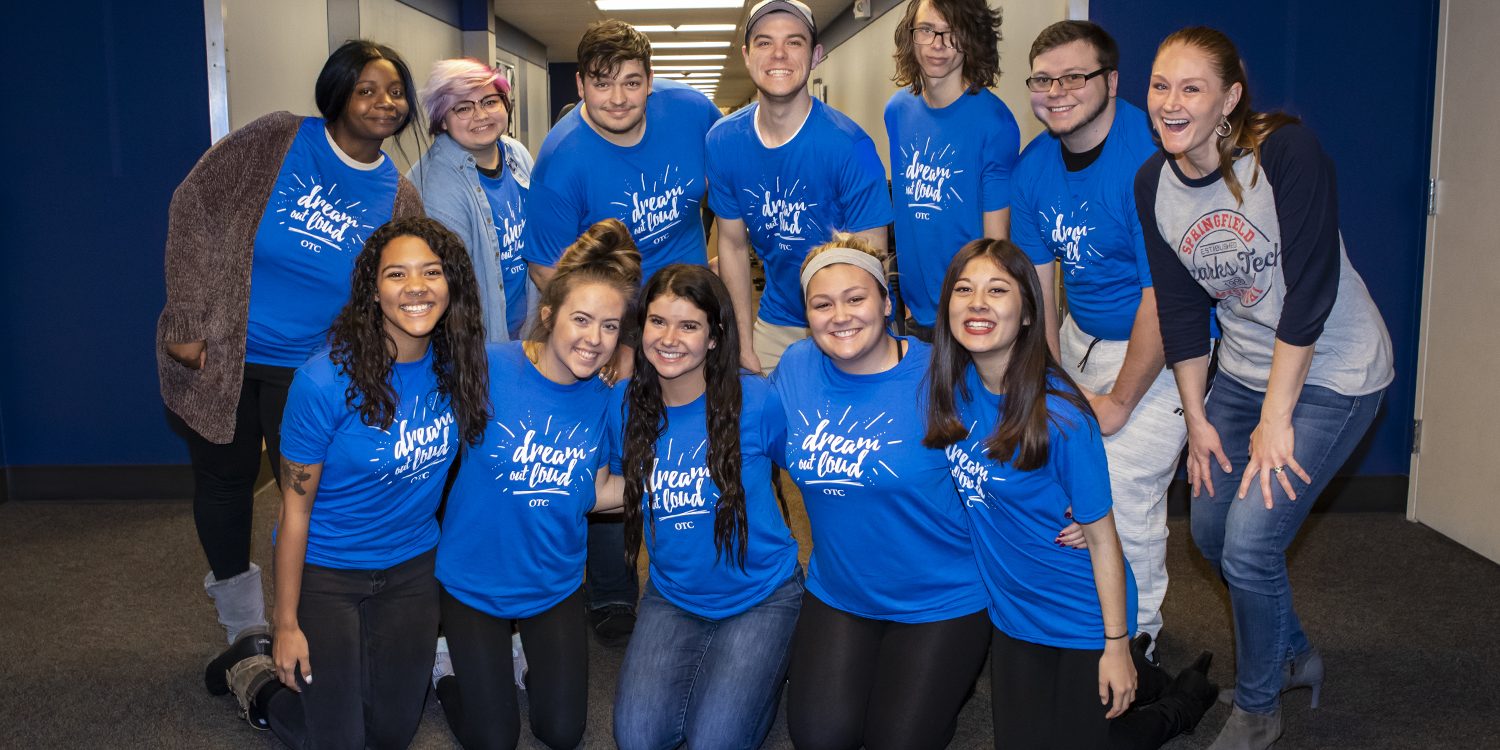Jennifer Dunkel typically has her English II students conclude their writing class with a research-based proposal that addresses ways to help students be successful. But this semester, her students had a different idea.
“They said to me, ‘Instead of just pointing out these issues, let’s do something about it,’” Dunkel said.
With that statement, the Student Success Resource Fair was born. Students will have the opportunity to meet with a variety of college offices and departments designed to help students thrive on Wednesday, Dec. 5 from 2-3 p.m. in NKM 120.
Dunkel has her students focus on audience and purpose in their writing, and this project involved multiple audiences, both the students they were trying to help and the experts who could provide the solutions. Plus, the students had to learn how to articulate the goal of the resource fair to those different audiences.
“The students’ research revealed that students, especially at-risk students, were aware of the resources that could help them be successful, but they didn’t use those resources,” Dunkel said. “Many students said they either did not know how to access the resources at their disposal or the help just seemed nebulous.”
The term “at-risk student” encompasses a broad category, essentially, any student who faces challenges a better-resourced student does not face, including: first-generation college students, veterans, working students, and low-income students. All of those categories were represented in Dunkel’s class.
Since students organized the resource fair, they approached the event from a student’s perspective and invited representatives from the college’s tutoring centers. The class also invited counseling, financial aid, advising and disability support services to lend their expertise at the fair.
“When I first started at OTC, I didn’t understand the FAFSA and all of the terms associated with financial aid,” said Kahleigha Harris, a first-generation college student in Dunkel’s class. “I know a lot of students drop out in the first year. I hope we can help them sustain their education, keep them at OTC and obtain a degree.”

